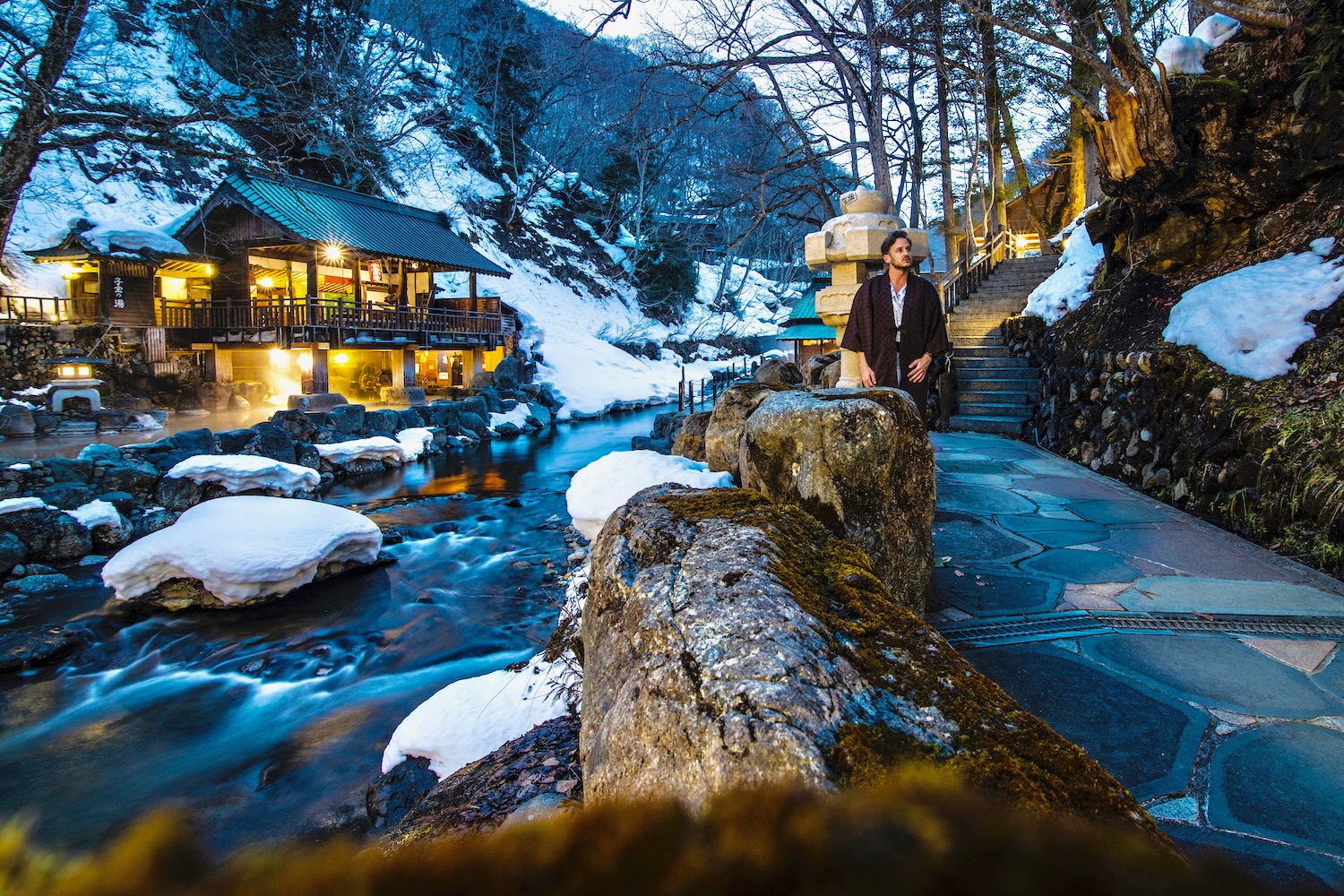Onsen hot springs are as ubiquitous in Japan as stupidly cute things and cherry blossoms, so to the outside observer, a desire to find and stay in the best onsen in Japan might seem pointless.
It isn’t pointless, of course, a fact that will become almost immediately evident when you set foot onto the grounds of Takaragawa Onsen. Located in the foothills of the Japanese Alps about 90 minutes north of Tokyo by Shinkansen bullet train, this is one of my favorite places I’ve ever stayed in Japan.
The property boasts four outdoor hot springs and a ryokan that straddles—surprise—the Takara River, among its other delights. Whether you’re planning to visit Takaragawa Onsen from Tokyo on a day trip, or plan to stay here overnight as I often do, I have feeling you’re going to want to continue reading.
Takaragawa Onsen Feels Like Home
Most onsen in Japan are just, well, onsen, which is to say hot springs. When I was traipsing through the ancient cedars of Yakushima Island, for example, I would end each day at a local one, paying 200 yen to the old woman waiting in the entrance as I passed by, then relaxing to my heart’s content—but never for the night. At Takaragawa Onsen, on the other hand, the hot spring itself (which I’ll talk about in just a minute) is merely the unifying attraction.
Although I suppose you could simply bathe for the day, you’d be missing out on another amazing aspect of being here, which is staying in the attached ryokan, or traditional Japanese inn. The main building at Takaragawa dates back to 1955, which gives these traditionally-constructed and designed rooms an even more rustic feel. Featuring floor mattresses laid out on tatami mats, with indoor sitting areas that look out over the river, the rooms here are simple, but they’re exquisitely comfortable as well, all part of why I think this might be the best onsen in Japan.
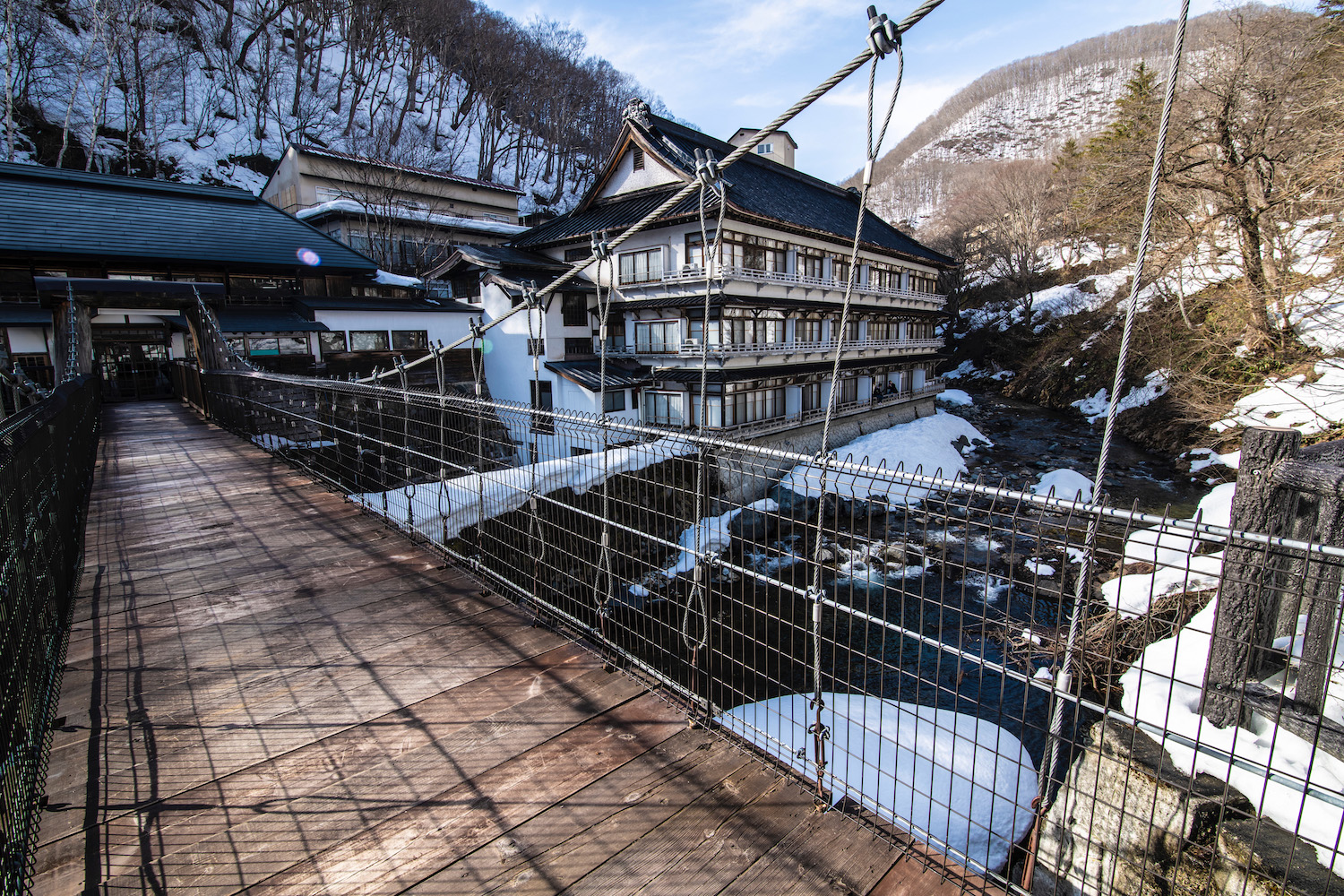
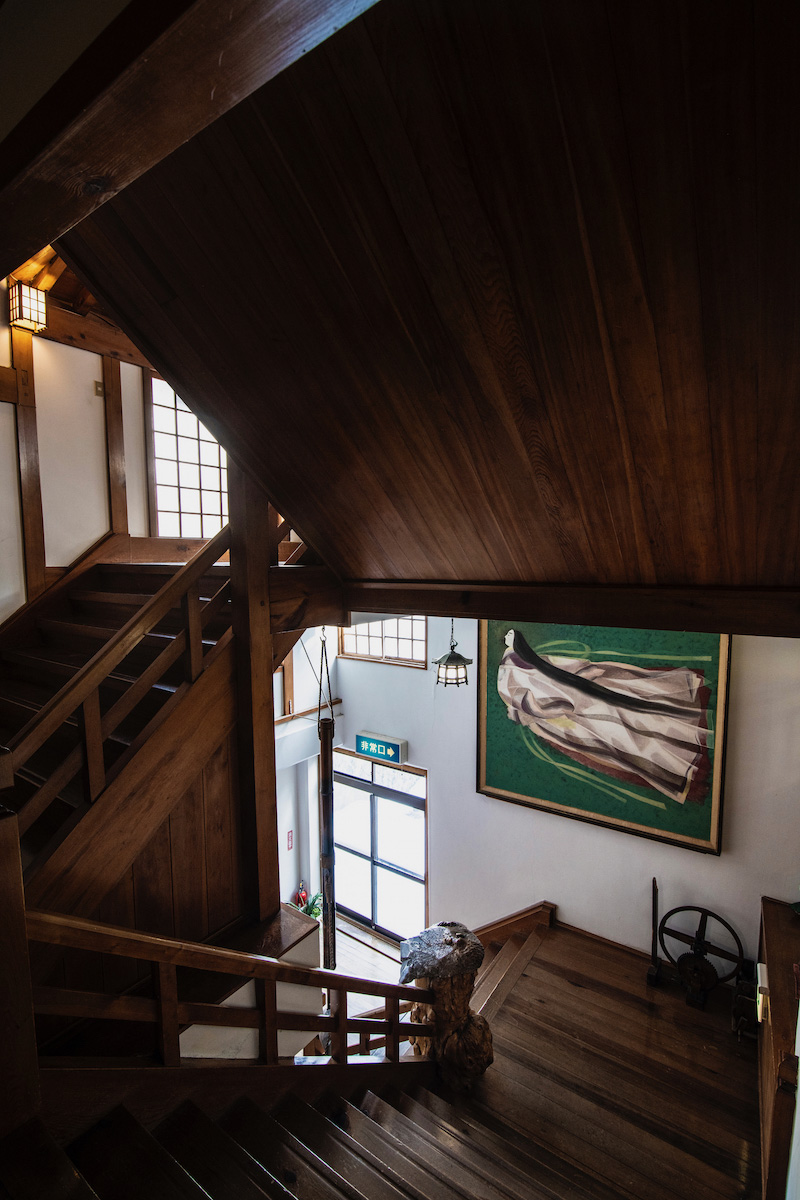
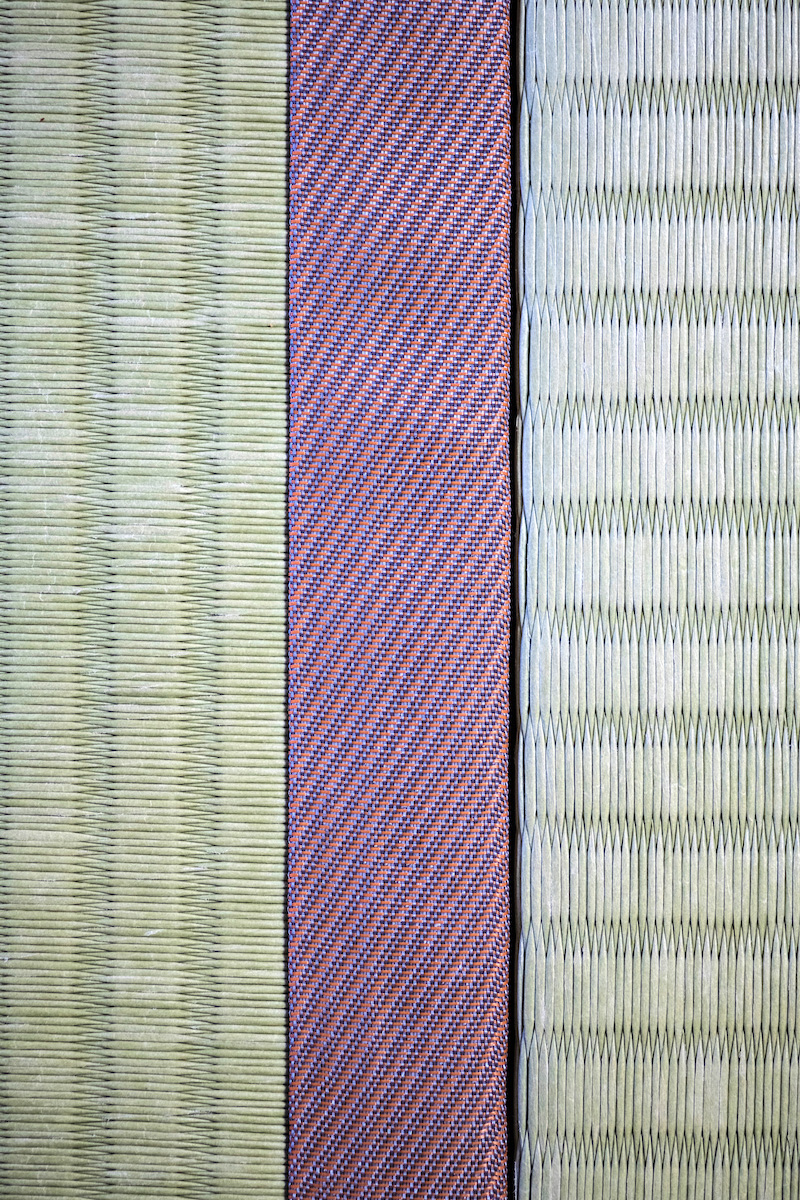
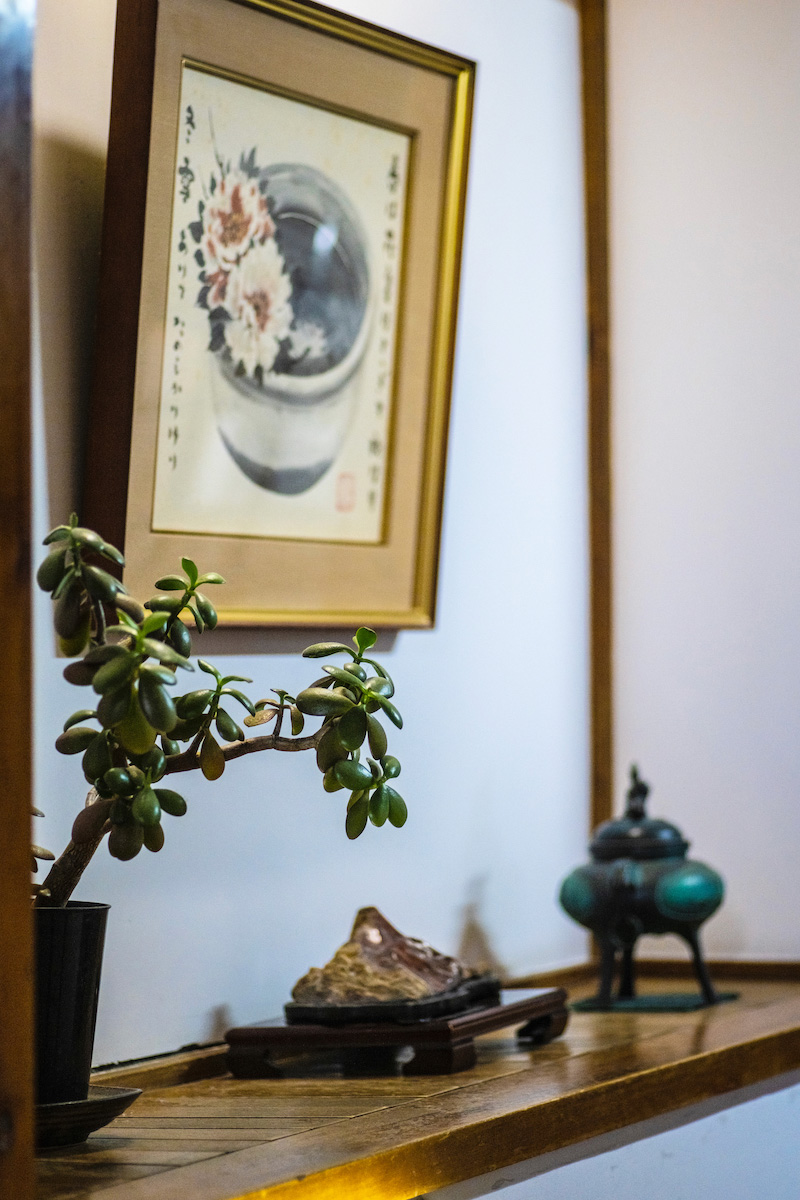
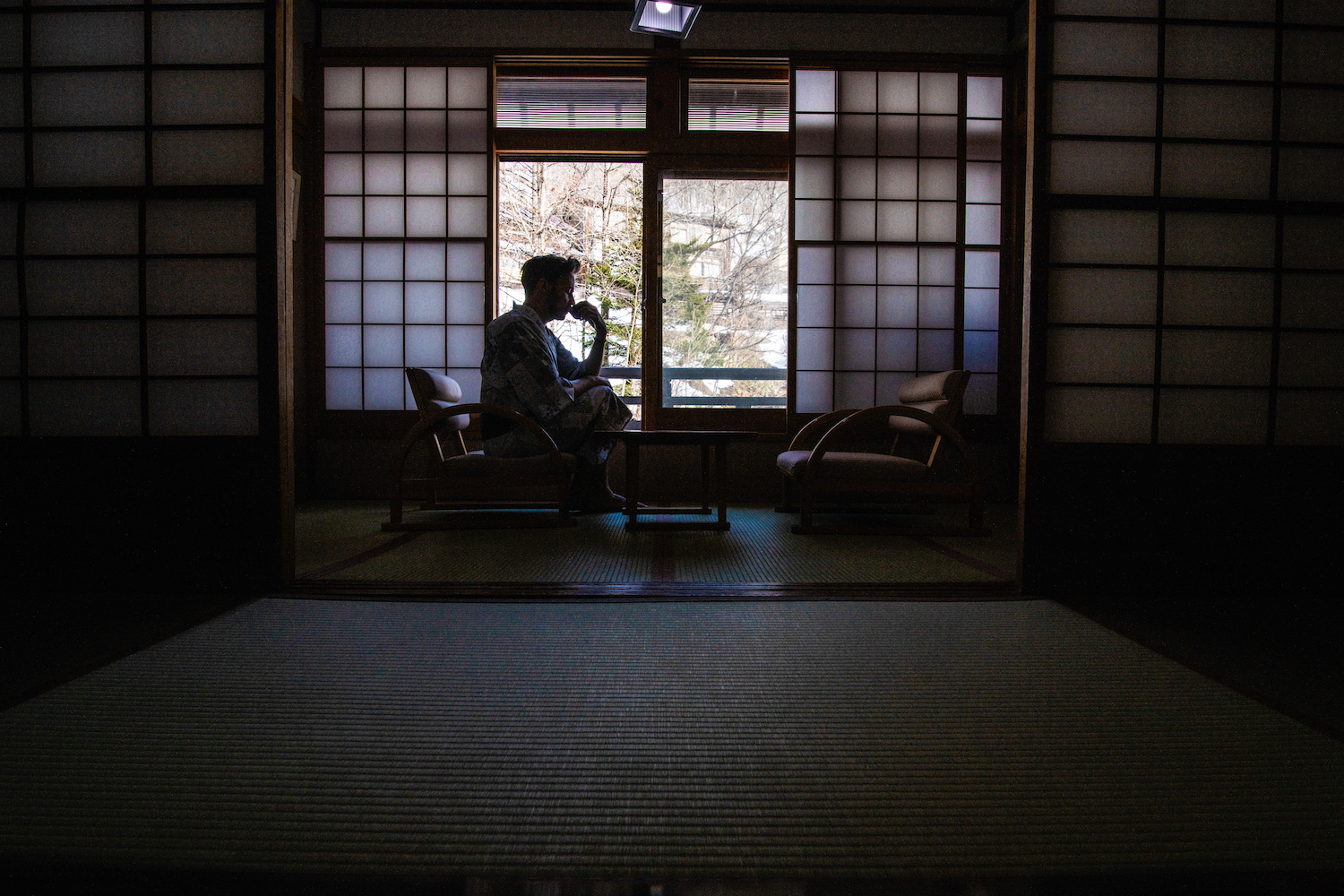
5 Reasons to Visit Takaragawa Onsen
The onsen
The onsen at Takaragawa very much deserves its reputation as the best onsen in Japan. Or, I should say, their: Four outdoor onsen are available here, three co-ed and one for women only. Regardless of which onsen you choose, or how many other people accompany you, all feature relaxing stone bottoms and walls, traditional Japanese statues and wooden awnings to shield you from the rain and snow that fall here much of the year.
The seasons
Yes, you heard me right: It’s cold here much of the year. In late April, when I first visited, it hovered around 12-13ºC during the day. There were no leaves on the trees; there was still plenty of snow on the ground. In February, when I most recently visited, several feet of snow were on the ground; the air was far below freezing. These examples are to say nothing about the lushness of the green leaves in summer, which turn scarlet and golden in the Japanese autumn.
The convenience
Another great thing about the onsen at Takaragawa is that it’s open 19 out of 24 hours, which means that if you’re a night owl or an early bird, you can essentially enjoy a private onsen in Japan while everyone else is sleeping. Many onsen in Japan have short operating hours, which is not the case here. You can bathe as early at 5 AM, and as late as midnight.
The value
In spite of its fair price, Takaragawa affords guests incredible luxuries, such as private dining rooms and microbrewed sake. Indeed, no matter how much money you end up paying to stay here, there’s something to be said about the sublime relaxation a couple of nights here affords, whether it’s at the end of one month in Japan or caps off a much shorter trip.
The food
Even if you spend just one night at Takaragawa Onsen, it feels like taking a graduate-level course in Japanese cuisine, whether you enjoy crispy seafood tempura with green tea salt, prepare shabu-shabu and grilled fish right at your table or enjoy cold dishes like pickled umeboshi plum and, of course, sashimi, all served kaiseki-style in a private dining room.
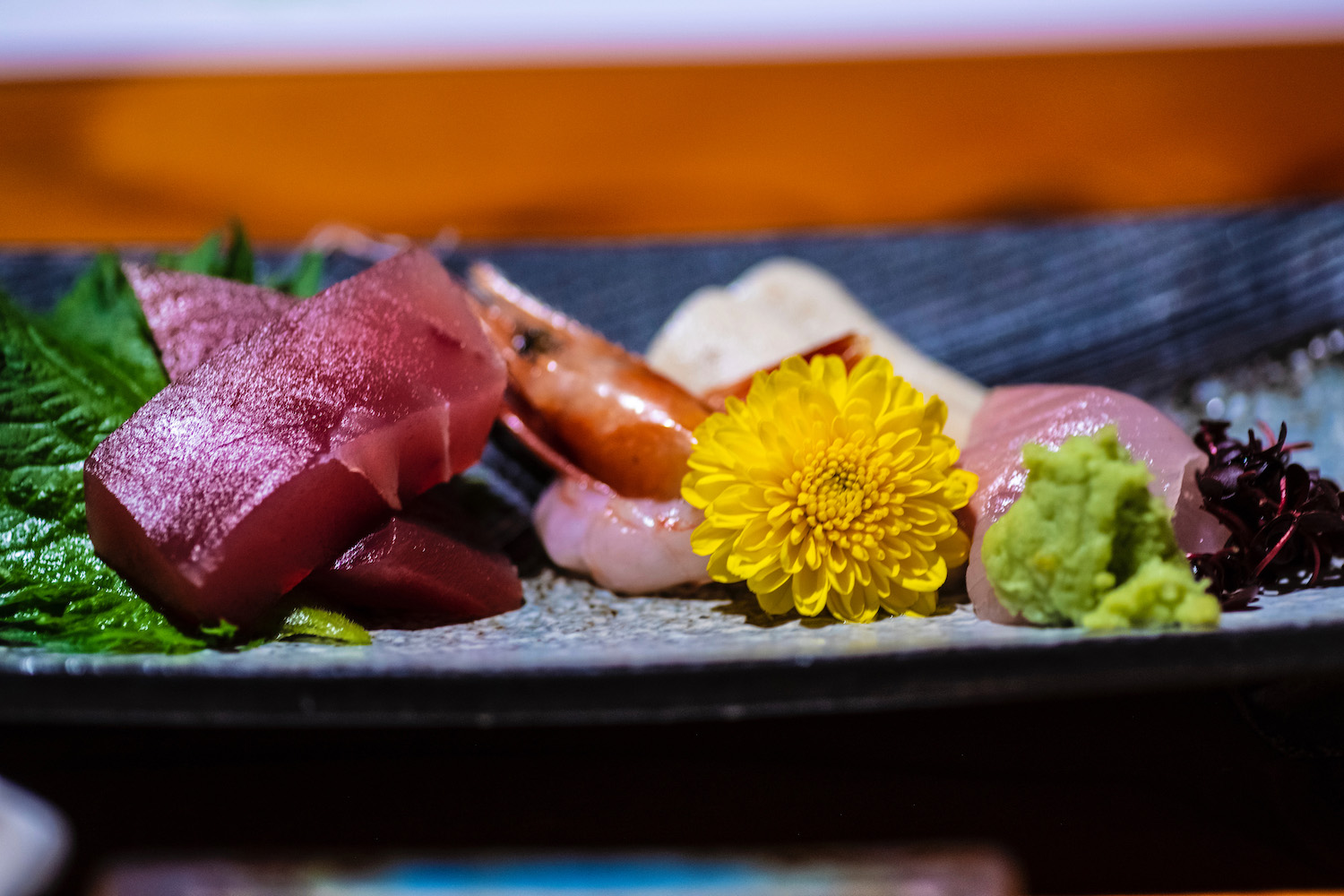
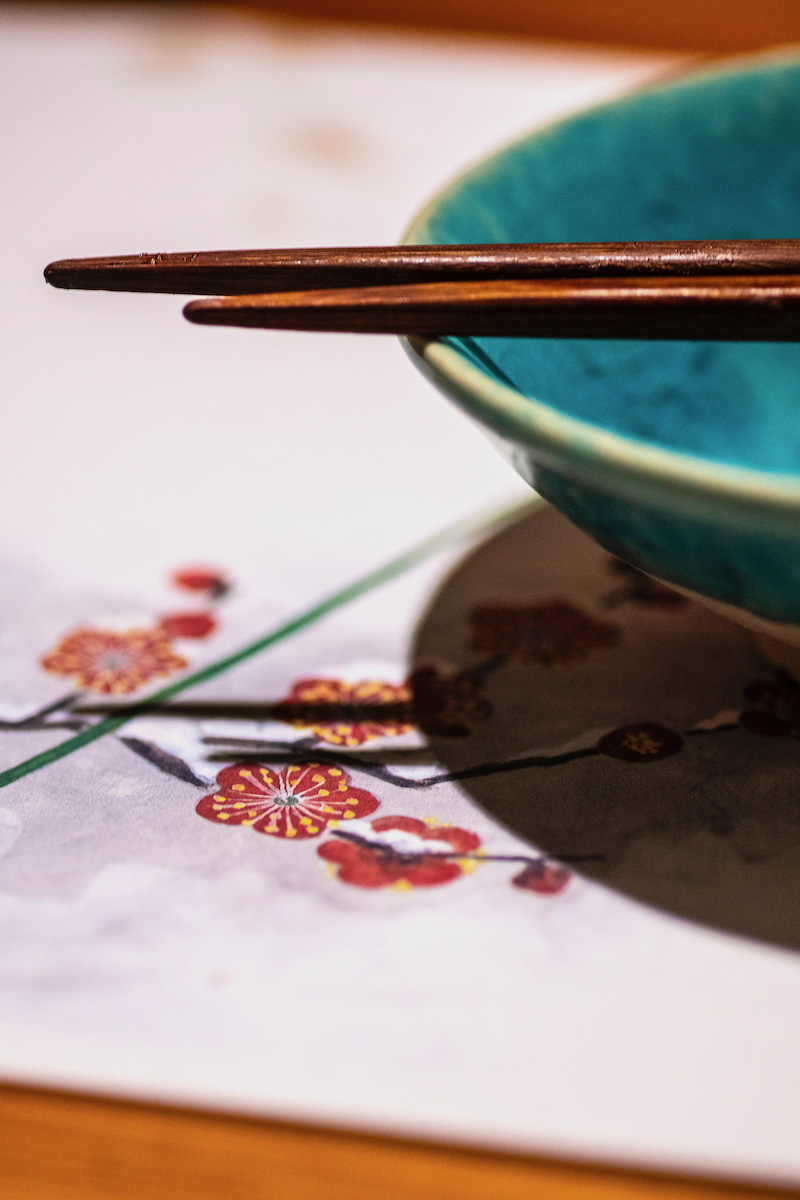
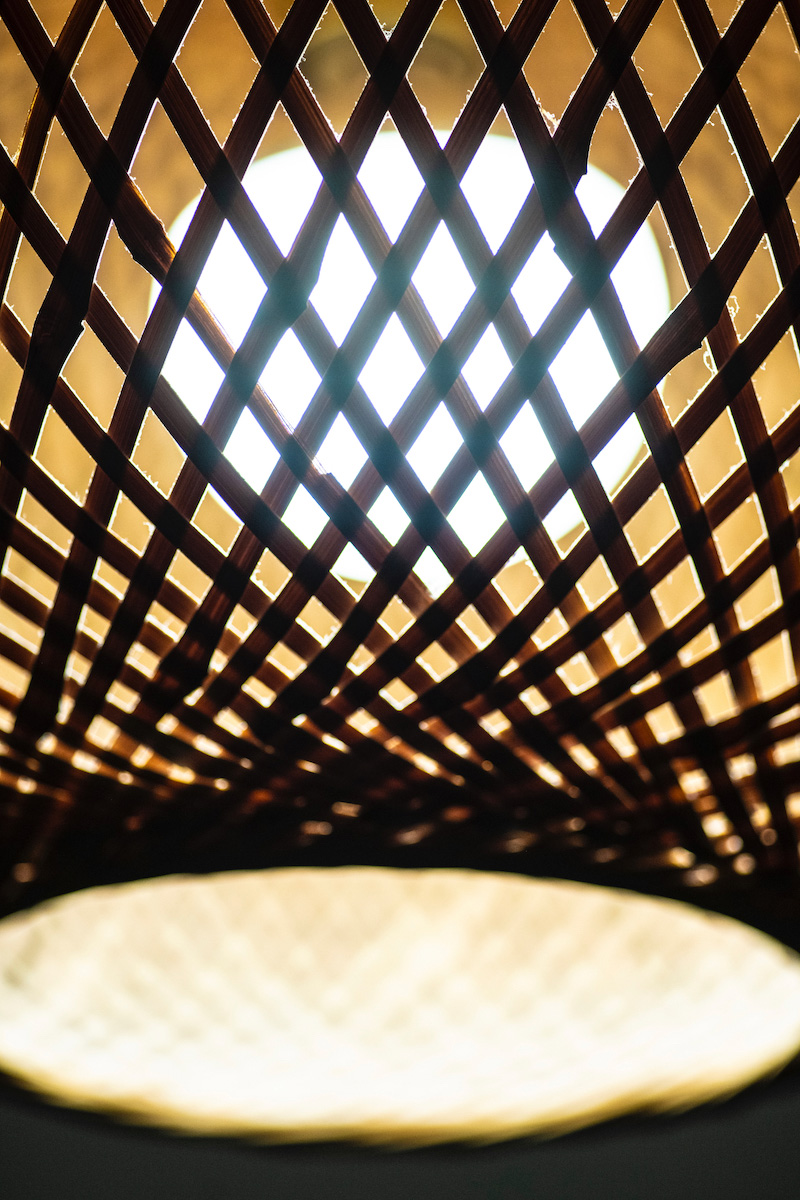
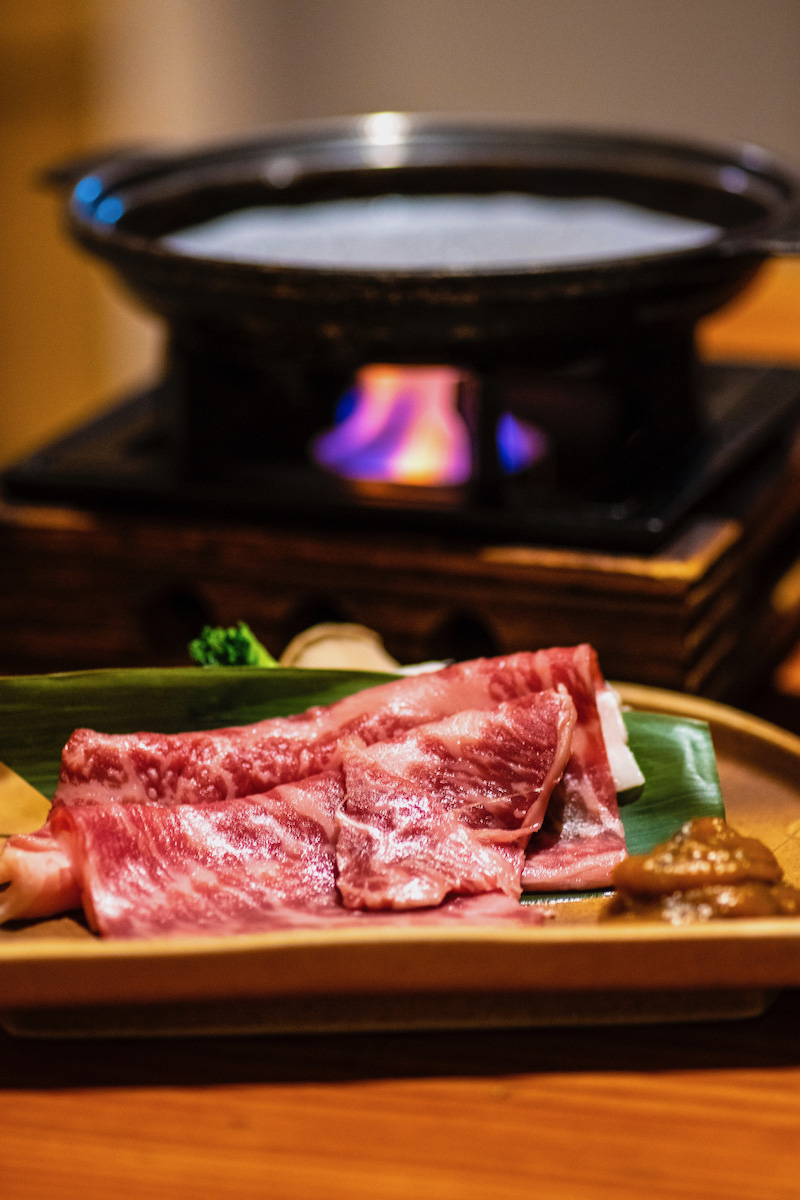
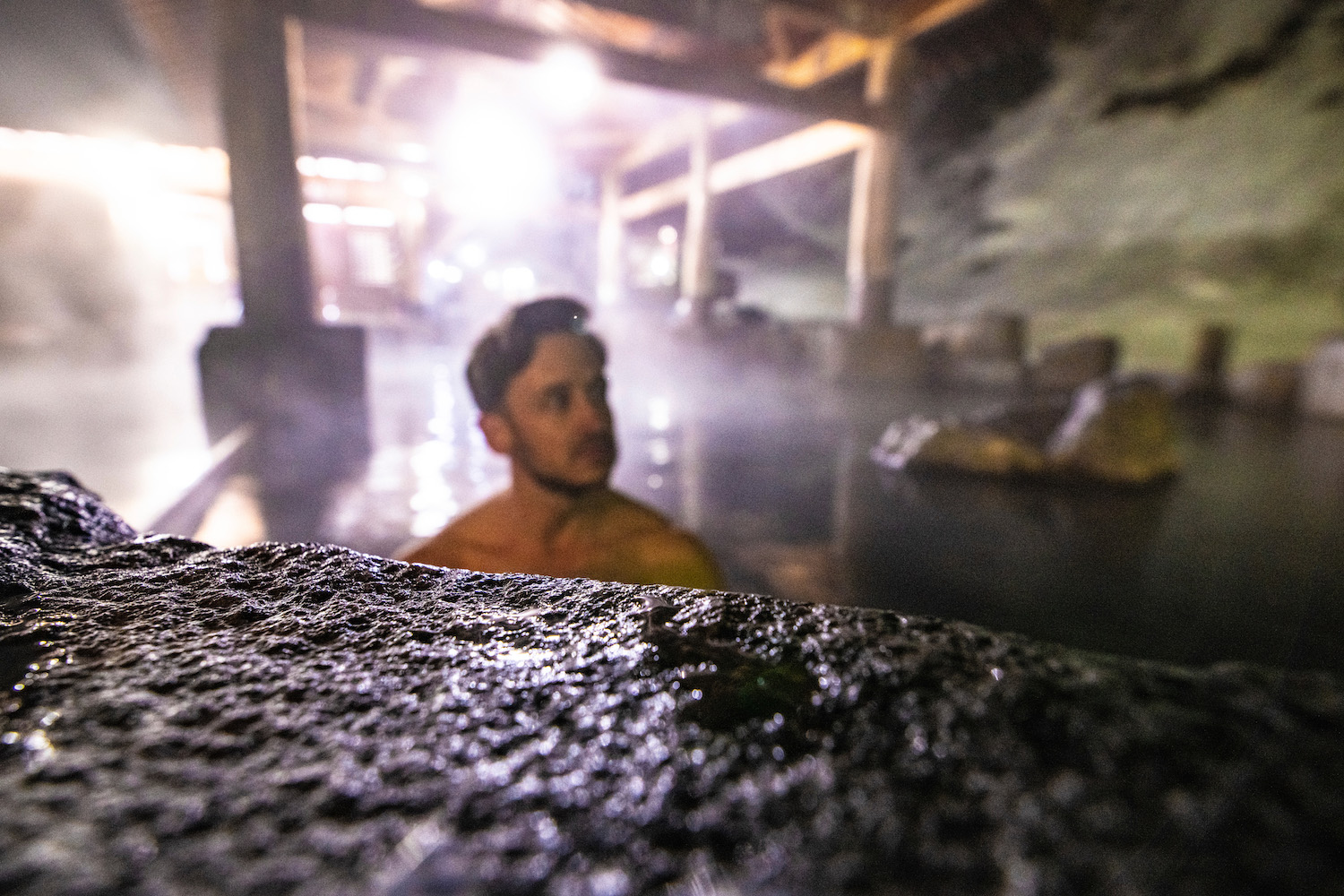
How to Get to Takaragawa Onsen
Even if you don’t end up loving Takaragawa Onsen quite as much as I do, it’s undoubtedly the best onsen near Tokyo. And it is very near Tokyo, to the extent that I often recommend it as a last stop on the custom Japan itineraries I plan for travelers—many head straight from Takaragawa to Haneda or Narita airports.
From Tokyo Station, you’ll want to ride the Joetsu Shinkansen northward to Jomo-Kogen, where shuttle buses to Takaragawa Onsen (you’ll need to reserve your spot at the time of booking) depart a couple of times per day. Depending on the location of your hotel in Tokyo, door-to-door travel time should be under three hours. While most people opt to stay here overnight, it is possible to do a Takaragawa Onsen day trip if you time things just right.
Other FAQ About Takaragawa Onsen
How do you get from Tokyo to Takaragawa Onsen?
To reach Takaragawa Onsen from Tokyo, ride the Joetsu Shinkansen to Jomo-Kogen station, where shuttles for Takaragawa Onsen will take you onward to the ryokan. Note that you need to reserve your place on these vehicles (which are complimentary) in advance, ideally at or just after the time of booking.
Can I go to Takaragawa Onsen if I have tattoos?
Takaragawa Onsen, like most privately operated onsen in Japan, does allow guests with tattoos to bathe. However, out of cultural consideration for the Japanese guests at the hotel, you could consider covering up your tattoos if possible. Absent this, you might bathe early in the morning or late in the evening for the sake of discretion.
How much does Takaragawa Onsen cost?
Takaragawa Onsen offers a variety of accommodation plans, from à la carte rooms, to room-and-board plans with breakfast and dinner, including the option to enjoy food and drink in private dining rooms. Although you can sometimes find rates as low as ¥10,000 per night, the average person spends between ¥20,000-40,000 per night at Takaragawa Onsen.
The Bottom Line
Takaragawa Onsen is probably my favorite hot springs hotel in Japan. Superlatives notwithstanding, the reality of Takaragawa Onsen—a heritage inn set in a heavily wooded ravine, which dramatically displays all four of Japan’s seasons as you bathe amid them outdoors—is enticing to anyone with a pulse. The question (once you commit to visiting, of course) is how many nights to stay, and how to integrate this magical place into your larger Japan trip. Do you sleep here for a night or two, or take a day trip from Tokyo to Takaragawa Onsen? Answering this question correctly is yet another reason you should consider hiring me to plan your trip to Japan.



